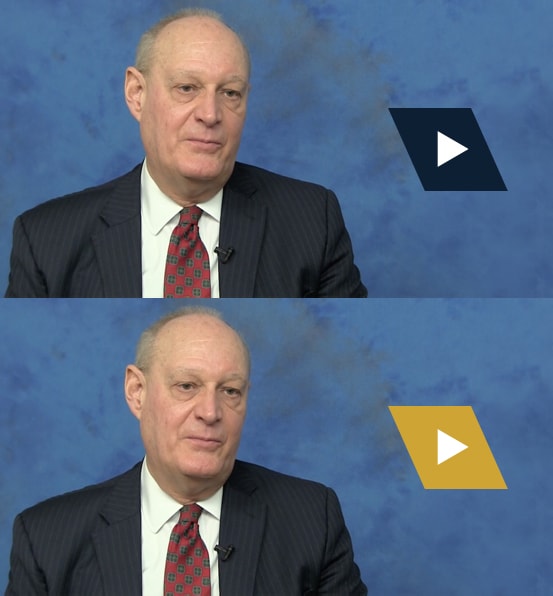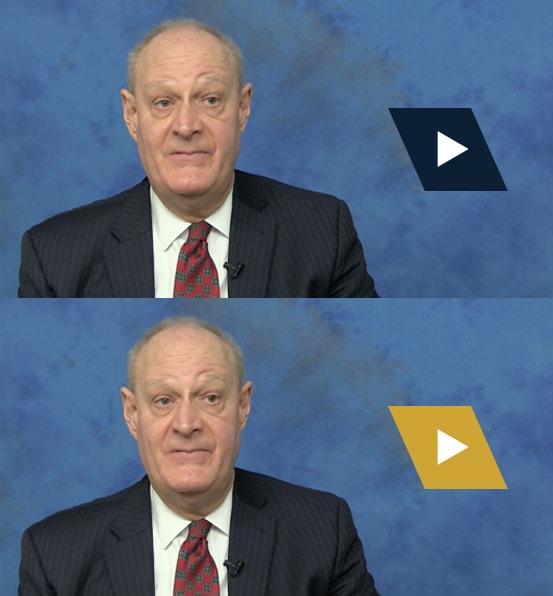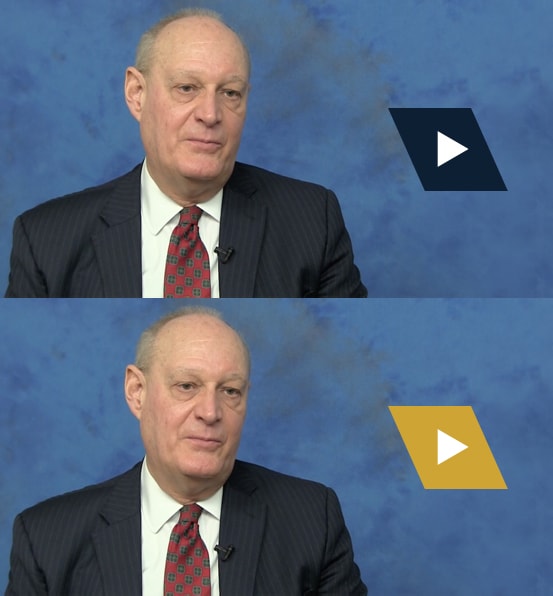New York City Bankruptcy Lawyer
Experienced Creditors’ Rights/Bankruptcy Lawyer Serving New York City
The Law Office of Harry D. Lewis provides a unique combination of skills and services to New York businesses, organizations, individuals and families to help them meet the challenges of society today. Here you will find creative approaches to solve difficult questions surrounding bankruptcy, parliamentary law, estate and trust litigation, and the impact of COVID-19 closure orders on local businesses.
Harry D. Lewis is a veteran New York City bankruptcy lawyer with more than 40 years of legal experience. Mr. Lewis began his career in bankruptcy law after serving as a Law Clerk to a U.S. Bankruptcy Judge. His experience ranges from business bankruptcy representation in large New York law firms to serving as a U.S. Bankruptcy Trustee.
New York City Bankruptcy FAQs
Whether struggling with debt as a business owner or consumer, you likely have a lot of questions surrounding the issue of bankruptcy. Below are answers to a few frequently asked questions New York bankruptcy attorney Harry D. Lewis often hears from concerned clients. For answers to all of your bankruptcy-related questions and concerns, call the Law Office of Harry D. Lewis for a free consultation at 212-859-5067.
Q. What Is the Means Test?
A. The means test is for consumers who are filing Chapter 7 or Chapter 13 bankruptcy. It involves gathering an abundance of detailed information about your income, as well as your expenses. For Chapter 7, the purpose of the means test is to show that your household income is below the state median or that your disposable income is low enough to qualify for Chapter 7 eligibility. For Chapter 13, the means test will be used to determine how much monthly disposable income you have to put toward a Chapter 13 plan and also whether the plan will last for three years or five years.
The means test is critical to your bankruptcy filing, and it can be a complex process. Your bankruptcy attorney will walk you through the means test and complete the necessary paperwork to position you in the best light for your filing.
Q. What is the Meeting of Creditors?
A. Also known as the section 341 meeting, the meeting of creditors is a required step in bankruptcy. The meeting is held by the bankruptcy trustee, and attendance by the debtor is required. At this meeting, the trustee asks the debtor a few questions related to the debtor’s bankruptcy petition to make sure the information is accurate and complete. Your attorney can attend this meeting with you. Although it is called a Meeting of Creditors, creditors rarely attend. If they do, they too can question the debtor regarding the debtor’s assets and related matters. Typically, the Meeting of Creditors only takes a few minutes to complete.
Q. What is a Debtor in Possession?
A. This term refers to a Chapter 11 filer who continues to operate the company while going through a Chapter 11 reorganization. As a debtor in possession, your business operations may be monitored and supervised by the bankruptcy court to ensure your actions are in the best interest of your creditors and employees.
Q. What Does the Bankruptcy Trustee Do?
A. The bankruptcy trustee’s job is to review your bankruptcy filing and ensure the documents you submit reflect an accurate picture of your assets and liabilities and that nothing appears fraudulent. The trustee can go about this in many different ways, such as checking your filing against outside sources or asking for additional documentation from you. The trustee also oversees the Meeting of Creditors, also known as a 341(a) meeting. At this meeting, the trustee will ask you questions under oath regarding the information in your bankruptcy petition. These are usually very basic questions, and the meeting only lasts a few minutes.
If you are filing for Chapter 7 and have any nonexempt assets, the trustee will also assess the value of that nonexempt property and decide whether it is worthwhile to sell any of those assets to pay off a portion of your debts. This decision depends on your equity in the asset, its value and salability, and other factors.
Q. Is the Bankruptcy Trustee the Same as the U.S. Trustee?
A. The U.S. Trustee is separate and plays a different role in your bankruptcy than the trustee assigned to your filing. The U.S. Trustee is the name of the office which oversees all bankruptcy cases nationwide. Most filers won’t have any interaction with the U.S. Trustee unless the bankruptcy trustee detects any indication of deceit or fraud regarding your petition. Also, if you file a Chapter 7 case but aren’t eligible based on assets and income, the U.S. Trustee will be the office that notifies you don’t qualify. The U.S. Trustee could either dismiss your case or convert it to a Chapter 13.
Q. Is Chapter 11 a voluntary or involuntary proceeding?
A. Most Chapter 11 filings are voluntary bankruptcies, meaning that the business owner or debtor is the one doing the filing. In some cases, creditors can file a Chapter 11 petition, forcing you into bankruptcy. These involuntary bankruptcies are less frequent; they are more likely to occur when a creditor thinks the company can pay its debt but is not doing so, and the creditor wants to ensure it gets paid. Even in a voluntary Chapter 11, if the debtor is not proactive in creating a reorganization plan, the creditors can step in and propose a plan. Creditors can play an active, significant role in a Chapter 11 or Chapter 7 business bankruptcy if they choose to do so.
New York City Bankruptcy Video FAQs
Do I Need a Lawyer to Help My Organization With Parliamentary Law?
Do I Need a Lawyer to Help My Organization With Parliamentary Procedure?
When Is Sturgis Standard Code of Parliamentary Procedure Used?
Why Is Sturgis Standard Code of Parliamentary Procedure Important?
Parliamentary Law, Estate & Trust Litigation, COVID-19 Affected Business Owners
Mr. Lewis is also a recognized authority in parliamentary law – the law of organizations and organizational meetings. He serves as Parliamentarian for many non-profits and can ably advise and assist your organization regarding meetings and agendas, avoiding sources of conflict, and resolving questions surrounding the decision-making process.
In the area of estate and trust litigation, attorney Harry D. Lewis is a voice of reason amid internecine family inheritance disputes. Mr. Lewis aggressively pursues creative approaches that resolve contested matters faster, less expensively, and often with less litigation rather than more. It’s easy to fall prey to family feuds during difficult times; the Law Office of Harry D. Lewis can help you avoid or end them.
Finally, the Law Office of Harry D. Lewis is available to address the concerns of business owners financially injured by government closure orders due to the COVID-19 pandemic. These closures may amount to a business taking or inverse condemnation under the “takings” clause of the Constitution. If so, businesses might be constitutionally entitled to receive just compensation in exchange for the government taking of their property. Call our office to discuss your needs and concerns.
Contact A New York City Creditors’ Rights/Bankruptcy Lawyer For Creative Solutions to Your Legal Needs
Based in New York, Harry D. Lewis is also licensed to practice in Florida and Pennsylvania. If you are in need of practical legal advice and high-quality representation in bankruptcy or any other legal matters within our purview at the Law Office of Harry D. Lewis, call 212-859-5067 for a free consultation. Our New York City bankruptcy lawyer is here with practical advice, zealous representation, and creative solutions to your pressing legal needs.



